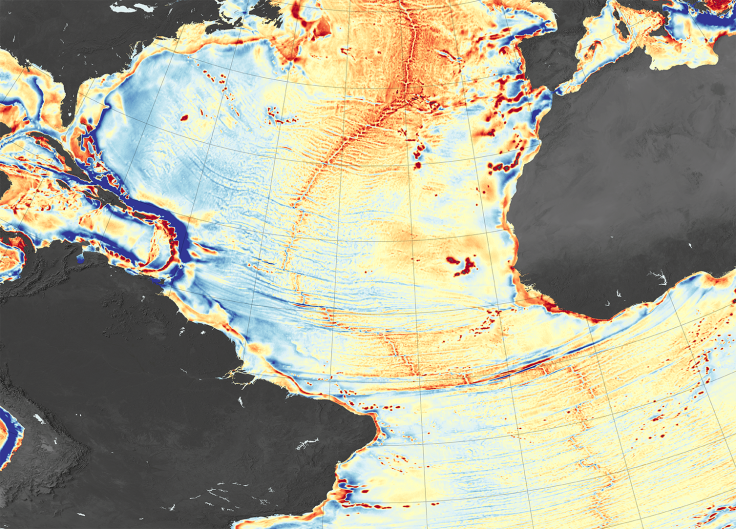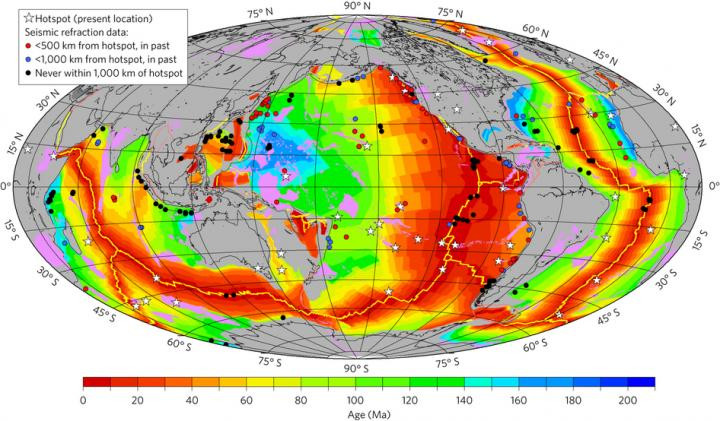Pangea used to keep Earth warm like a blanket, and ever since it broke up the crust has been getting thinner
The loss of the supercontinent Pangea has been making the Earth cool quicker and form thinner crust.

The Earth's crust under the oceans is 1 mile thinner today than it was 170 million years ago, when all the land mass of the world was joined together in the supercontinent Pangea, scientists say.
Pangea – which formed about 300 million years ago and broke apart between about 200-170 million years ago – helped to keep the Earth warm, according to paper published in the journal Nature Geoscience.
"What we think is happening is that the supercontinent was like an insulating blanket," says study author Harm Van Avendonk of the University of Texas Institute for Geophysics.
"So when these continents started opening up and the deeper mantle was exposed, more or less, to the atmosphere and the ocean it started cooling much faster."

Currents of magma in the mantle broke apart the giant comfort blanket of Pangea and split the land mass into smaller fragments. This increased the rate of cooling of the mantle, which in turn meant that less magma pushed up in the gaps where oceanic crust plates were being forced apart.
Before Pangea's decline the mantle was cooling at a rate of about 6-11C per 100 million years. After the break up the rate reached about 15-20C per 100 million years. This may not sound like a great deal of cooling over such a long time period, but the difference was enough to be measured in its effect on the Earth's oceanic crust.
Van Avendonk and his colleagues analysed 234 measurements of ocean crust thickness globally. The oldest crust was 170-million-year-old rock from the Jurassic period. This was about a mile thicker than the crust that has been produced in recent times.

"It's important to note the Earth seems to be cooling a lot faster now than it has been over its lifetime," Van Avendonk said.
"The current state of the Earth, where we have a lot of plate tectonic events, this allows the Earth to cool much more efficiently than it did in the past."
© Copyright IBTimes 2025. All rights reserved.





















